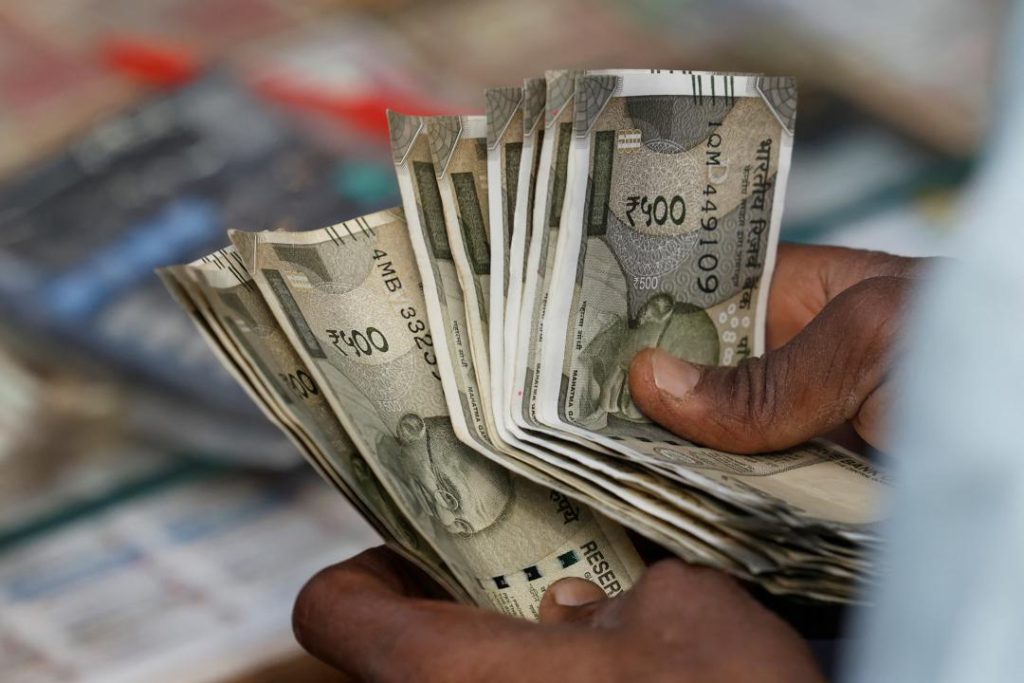
What got cheaper & costlier in March as CPI falls to 67-month-low of 3.34%?
According to the latest data released by the Ministry of Statistics and Programme Implementation, India’s retail inflation, or Consumer Price Index (CPI), has fallen to a 67-month low of 3.34% in March. This significant drop can be attributed to a decline in prices of essential commodities such as eggs, vegetables, and pulses. On the other hand, some commodities saw a marginal increase in prices. In this blog post, we’ll delve into the details of what got cheaper and costlier in March, and what this means for the Indian economy.
Declining Prices:
Eggs, vegetables, and pulses saw a considerable decline in prices in March. This is good news for consumers, as these are essential commodities that are a part of the daily diet for many Indians. The prices of eggs, which were previously on the rise, saw a decline of 4.3% in March. Similarly, the prices of vegetables and pulses, which are staples in many Indian households, saw a decline of 2.3% and 1.6%, respectively.
Spices, meat, fish, housing, recreation, and amusement saw prices drop marginally in March. This is a welcome development, as these commodities are essential for many households. The prices of spices, which are used extensively in Indian cuisine, saw a decline of 0.2%. Meat, fish, and poultry products also saw a decline of 0.2%, 0.1%, and 0.1%, respectively. Housing, recreation, and amusement expenses also saw a marginal decline.
Rising Prices:
On the other hand, some commodities saw a marginal increase in prices in March. Fruit prices saw a sizeable jump of 4.3%, which may be attributed to factors such as supply chain disruptions and weather conditions. Cereals, milk, oil, sugar, confectionery, clothing, snacks, sweets, pan, tobacco, footwear, fuel, and health and education expenses also saw a marginal rise.
Impact on the Economy:
The decline in retail inflation to a 67-month low is a positive sign for the Indian economy. A low inflation rate indicates that prices are stable, and consumers have more purchasing power. This can lead to increased consumer spending, which can boost economic growth.
However, the rise in prices of certain commodities such as fruit and cereals may indicate that there are underlying supply chain issues that need to be addressed. The government may need to intervene to ensure that these issues are resolved and prices remain stable.
Conclusion:
In conclusion, the decline in retail inflation to a 67-month low is a welcome development for the Indian economy. The decline in prices of essential commodities such as eggs, vegetables, and pulses is a boon for consumers. However, the rise in prices of certain commodities such as fruit and cereals needs to be monitored closely. The government may need to intervene to ensure that prices remain stable and that the economy continues to grow.
Source:






